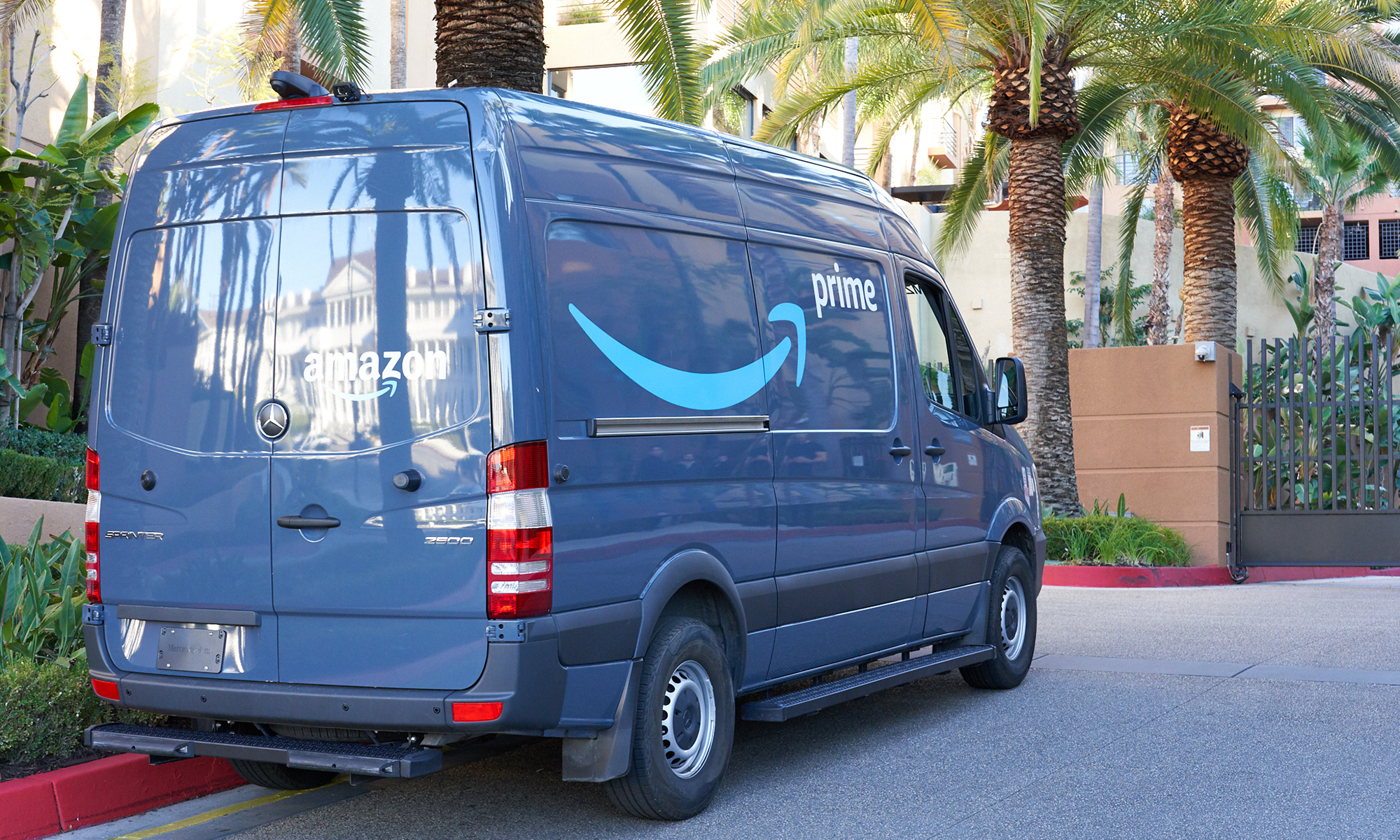What happened?
Retailers have begun reporting their holiday sales numbers and it seems to be a hit-or-miss proposition as to whether one succeeded or failed. Macy's (M +5.52%) and Gap Stores reported some terrible numbers but J.C. Penney (JCP +0.00%) and L Brands, which owns Victoria's Secret and Bath & Body Works, turned in some strong results. Overall retail sales were up 3.3% in preliminary estimates by First Data, but that's less than the 3.7% increase the National Retail Federation had forecast.

Does it matter?
If it wasn't already apparent before, the 2015 Christmas shopping season clearly underscored the importance of e-commerce to retail. J.C. Penney's results could have been disastrous had it not been for its heavy investments in its online sales channel that resulted in record online sales for the November to December holiday sales period.
That helped offset weak apparel sales due to unseasonably warm weather, a factor that apparently wrecked Macy's ability to benefit from the heightened sales activity of the period. Where J.C. Penney reported a 3.9% increase in comparable-store sales for the two-month period, Macy's said its comps tumbled 4.7% leading it to announce job cuts for thousands of employees as well as store closings. Comparable sales are an important retail metric because they strip out sales growth that can come from retailers simply opening up more stores, and RetailMetrix says foot traffic fell 6.4% during the holidays.
Still, when it comes to e-commerce the story is all about Amazon.com (NASDAQ: AMZN), which according to the market analysts at Slice Intelligent, ate up 42% of all sales made online. To put that in perspective, the next 10 biggest retailers -- including market stalwarts like Apple, Best Buy (NYSE: BBY), and Wal-Mart -- garnered less than 25% combined. In fact, the second biggest beneficiary from online sales was Best Buy with just a 4.3% share of total e-commerce sales. It's why Amazon had a very merry Christmas indeed.
The consumer appears to be all over the place. She hasn't completely abandoned the shopping mall -- being able to look at, touch, and test a product before buying is still important -- but the original department store ethic of providing a broad range of goods at a reasonable price looks quaint when stacked up against the breadth and depth of products available online today, and the consumer will scour that channel in search of the best deal.









